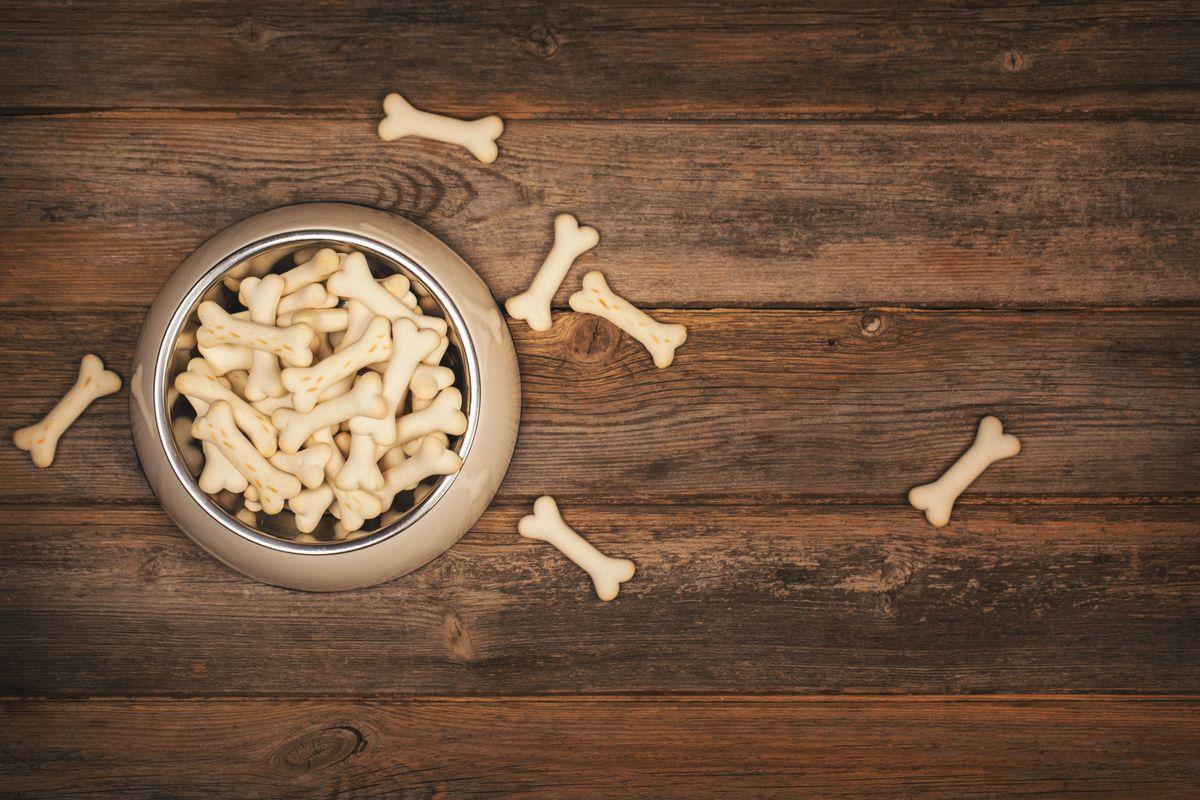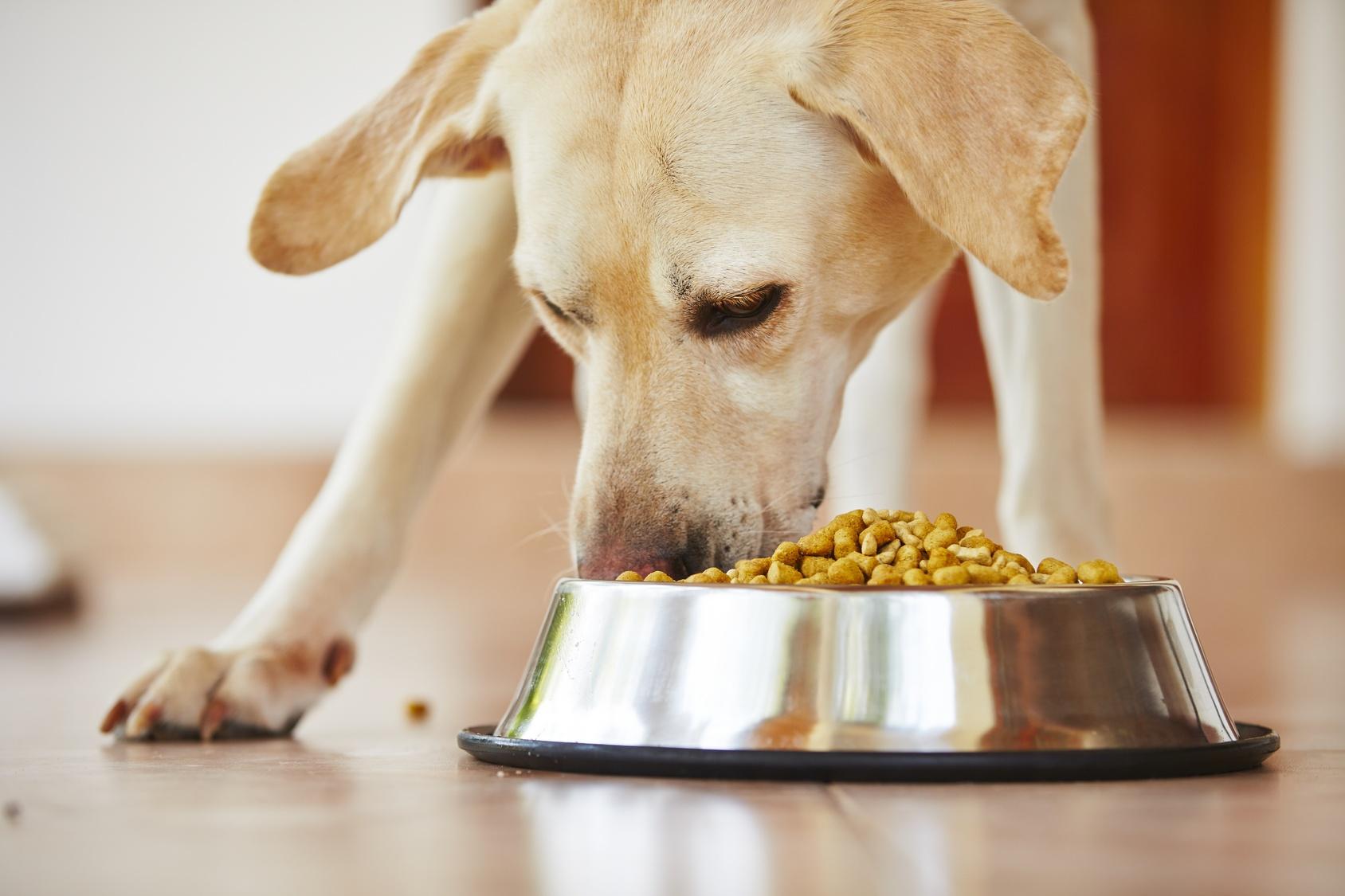When selecting dog food, there are several factors to take into account: your pup’s size, health conditions and personal preferences.
When shopping for dog food, it’s essential to look for one formulated by board-certified veterinary nutritionists. This way, your pup will get all of the essential nutrients they require.
Proteins
Meat is usually the main component of a dog’s diet, but many can benefit from other food sources as well, like fruits and vegetables. These nutritious items provide essential vitamins, minerals and antioxidants.
Sweet potatoes, for instance, are an excellent source of antioxidants and provide 150% more vitamin A than blueberries. Furthermore, they contain omega-3 fatty acids which aid in decreasing inflammation and supporting healthy skin and coats.

Vegetables
When selecting canned or dry food, look for ingredients that list whole proteins first. Avoid items with chicken flavor, natural flavor, or soybean meal listed at the top.
Quality dog foods often include various whole vegetables and fruit in their recipes.
These vegetables provide essential vitamins, minerals and antioxidants to support your dog’s wellbeing. Furthermore, they offer fiber which aids in digestion and helps prevent constipation.

Fruits
When selecting dry or wet dog food, opt for a formula that features high-quality proteins and fresh, nutritious fruits and vegetables.
These ingredients provide your pup with essential vitamins, minerals and fiber to stay happy and healthy. However, be wary of foods containing yams, corn syrup or other fillers which could adversely impact their wellbeing.
Fats
Fat is an essential nutrient found in animal products and plant-based foods such as grains. It provides energy for the body.

Carbohydrates are an essential part of a dog’s diet, providing energy in the form of glucose. Furthermore, they contain fiber which aids digestion and absorbs other essential nutrients.
It is essential to feed your dog a food that contains healthy fats as well. Good fats are unsaturated and high in omega-3 fatty acids, which aid with cell structure, hormone production and absorption of fat-soluble vitamins.
Carbohydrates
A dog’s diet should provide them with energy to lead an active lifestyle. The amount of carbohydrates necessary depends on several factors, including your pet’s age and gender.
Carbohydrates can come from many sources and be broken down into simple or complex forms depending on how your dog’s body processes them. Digestion of carbohydrates takes some time, requires energy expenditure but is essential for your pet’s wellbeing.
Omega-3 fatty acids
Omega-3 fatty acids are vital nutrients your dog’s body cannot manufacture on its own, so you must provide them with them through food consumption. These ‘polyunsaturated fatty acids’ play an essential role in strengthening your dog’s immunity and helping regulate blood pressure levels.
These fatty acids have long been known to reduce inflammation throughout your dog’s body, including their skin, eyes, bladder and muscles. Furthermore, they help alleviate symptoms related to autoimmune disorders like arthritis and inflammatory bowel disease.
Vitamins
Vitamins and minerals in your dog’s diet can help promote their overall wellbeing. To get the most benefit, choose a balanced, formulated food that provides all of these essential vitamins and minerals at daily dosages.
Vitamin D is necessary for bone growth, while vitamins E and K aid in blood clotting. Unfortunately, these fat-soluble vitamins can become toxic if taken in excess.
Minerals
Minerals play an essential role in your pet’s body, such as bone development and formation, fluid balance regulation, nerve function, red blood cell production and hormone regulation. Both macrominerals (calcium, phosphorus, sodium, magnesium and potassium) and trace minerals (iron zinc manganese copper iodine and selenium) must be provided in adequate amounts in your dog’s diet to promote health and wellbeing.
Minerals, often referred to as “trace nutrients” due to their minimal effect on dogs’ health and wellbeing, are essential for your pup’s overall wellbeing. The best way to ensure they get enough of these essential minerals is through feeding your pup a high quality, complete and balanced dog food.
